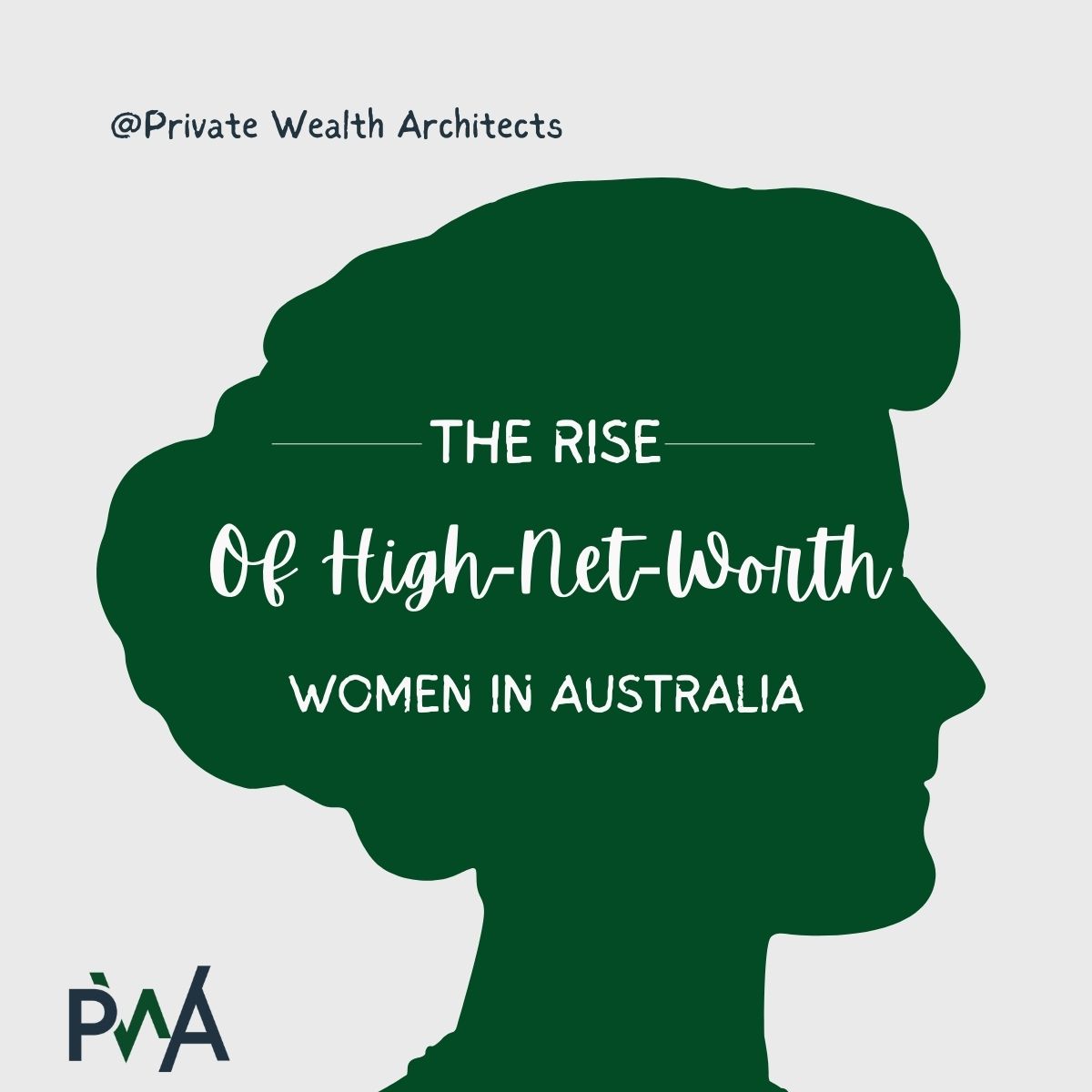The world is on the brink of a significant wealth transfer, with an estimated $30 trillion set to pass down to the next generation over the next decade. Women are expected to inherit a substantial portion of this wealth and control about $30 trillion by the end of the decade. This white paper examines the factors contributing to this trend, its impact on the economy, and the challenges women face in wealth management.
Introduction:
The Great Wealth Transfer is a phenomenon that refers to the passing down of wealth from one generation to the next. Women are expected to be the primary beneficiaries of this transfer, with four in five women from high-net-worth (HNW) families expecting to inherit a significant portion of this wealth. This trend is driven by several factors, including increased female participation in the workforce, women starting their own businesses, and higher divorce rates among older generations.
Factors Contributing to Women’s Increasing Wealth:
- Increased female participation in the workforce over the last four decades
- Women starting their own businesses and becoming more successful in the workforce
- Women’s wealth rising considerably in the last decade, with women now controlling a third of global wealth
- Women outliving men by an average of five years and tending to marry older partners
- Higher divorce rates among older generations, leading to women becoming singularly responsible for family wealth
Impact on the Economy:
The increasing wealth of women is expected to have a positive impact on the economy. Women are more likely to spend their money on household goods and services, boosting economic growth. They are also more likely to invest in their children’s education, leading to a more skilled workforce. Additionally, HNW and ultra-HNW women’s values are more aligned with impact investing and philanthropic endeavors, aligning their wealth with their giving goals.
Challenges in Family Business Involvement:
Despite owning a similar level of shares in family businesses as men, women are significantly less likely to be involved in the day-to-day operations of these businesses. Only 46% of women are involved daily in family businesses, compared to 60% of men. This lack of involvement could leave female voices less heard in the boardroom.
Lack of Involvement in Wealth Management:
Women have less involvement in wealth management than men, with four in ten women saying they are not involved in managing the family’s financial wealth, compared to only one in ten men. Even those women who are involved tend not to be the main decision-makers, with 83% of key financial decision-makers around family wealth in HNW families being male.
Changing Times:
Education has been a key driver in the shift towards more women being involved in the family business, with over 59% of women holding a master’s degree or higher, twice the rate of their mothers. Additionally, 62% of wealthy families believe women have a core role in the family business, with this number being even higher for younger generations.
The Australian Context:
The trends observed globally are similar in Australia, with the number of HNW women growing rapidly. In the coming decade, women are estimated to become custodians of over 65% of the $4.9 trillion wealth transfer across generations in Australia. However, HNW women still face barriers and biases when seeking financial services, such as increased scrutiny for loans, assumptions about their financial literacy, and lack of access to some investment opportunities.
The Role of Women in Wealth Management:
Traditionally, financial advisors have catered to men and are still largely male-dominated, with women accounting for less than 21% of financial advisers in Australia. This lack of representation can make the industry less appealing and approachable for female clients, leading to negative consequences such as women being less likely to have their financial needs met, being more financially insecure, and being less likely to achieve their financial goals.
Many HNW women express a preference for female advisers who can better understand their life situations and needs. They are looking for a holistic relationship to help them build and manage their wealth based on their specific circumstances, life stage, and goals. As younger cohorts inherit wealth, female advisers may be well-positioned to advise on areas like ESG investing that appeal to women.
Conclusion:
The Great Wealth Transfer presents a significant opportunity for women to take control of their financial futures. However, to fully realize this potential, the wealth management industry must adapt to better serve the unique needs and preferences of female clients. By increasing the representation of women in financial advisory roles, providing comprehensive goals-based planning, and offering financial education to build confidence in decision-making, the industry can help ensure that women are well-positioned to manage their growing wealth effectively.



0 Comments